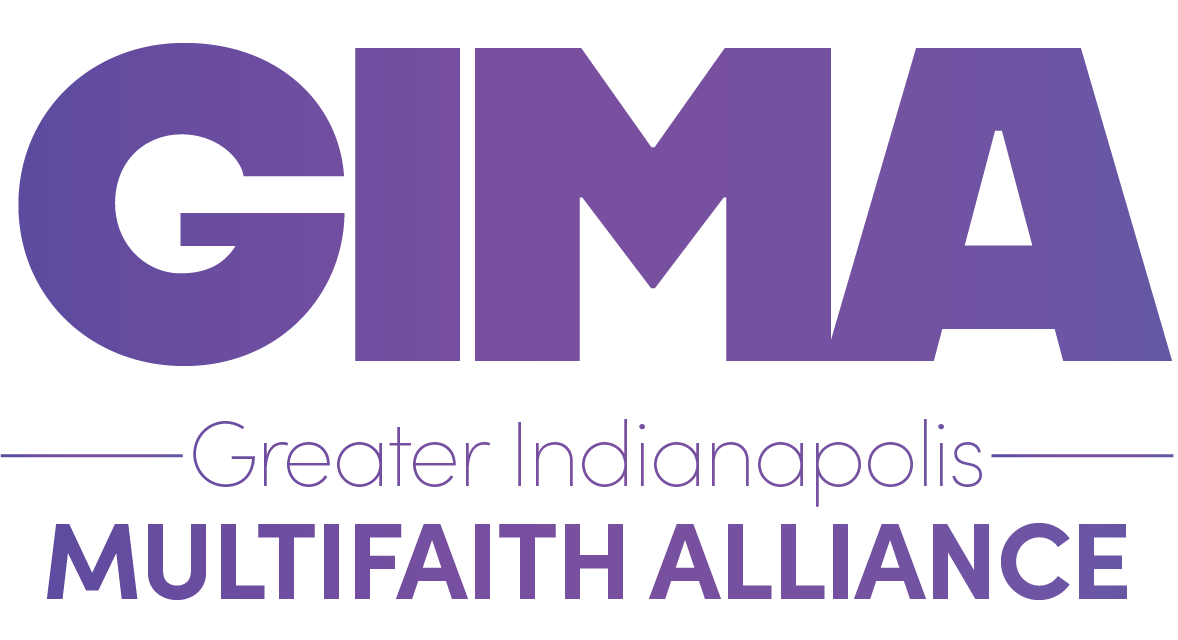Is Housing Rent Price Gouging?
This piece originally appeared on Fran Quigley’s blog Housing Is A Human Right on March 21, 2025.
Thanks to Jacobin for publishing this article by me earlier this week. You can read it below or on their site here.
The displacement caused by the recent Los Angeles-area fires brought renewed attention to the idea of price gouging in housing rent. Some landlords were accused of increasing their prices more than 300%. Those spikes appeared to be in violation of the law in California, which like many other states prohibits setting unconscionable prices on necessities.
Or, as we more commonly know it, price gouging.
Notable examples of price gouging we have all heard of include big increases in the cost of bottled water, gasoline, or generators in a time of natural disaster, or prices for essential medical devices like the EpiPen or medicine like insulin set may times higher than the cost of production and distribution. Even in our capitalist U.S. society, public opinion polls show that price gouging is strongly opposed by the American people.
Which got me thinking about what we see each week in eviction court, where my students and I represent tenants. There, people line up to hear a judge tell them the date they will be ordered to move out of their homes. Often, they are destined for the streets, or to sleep in their cars or shelters. Why? Because profit-maximizing landlords have set rent prices above what they can afford.
Aren’t they victims of price gouging, too?
In many ways, defining price gouging is a “I know it when I see it” exercise. The Harvard Business Review says “price gouging occurs when companies raise prices to unfair levels. There’s no rule for what qualifies as price gouging . . . it can be hard to tell the difference between supply and demand and price gouging.”
Some state laws try to quantify “unfair” increases by setting ceilings like 50% more than the seller’s costs. Others defer to more subjective bans on “unconscionably excessive” prices. But all share a focus on essential goods and services and the need to ensure the public’s access to those goods in a time of emergency.
Again, consider how housing fits in here.
There is nothing more essential to humans than shelter, and for our clients the looming prospect of homelessness certainly qualifies as an emergency. Yet their suffering is baked into a system that allows profiteering corporations and individuals to control access to a core human need.
In the U.S. in 2025, this state of affairs is common, with record numbers of people living unhoused and millions more on the verge of eviction. But that doesn’t mean it is not price gouging.
“I Collect Cash Every Month. Real Estate.”
Some economists make no apology for that, happily saying the quiet part out loud. In November, John H. Cochrane, a senior fellow at Stanford’s Hoover Institution wrote an article for the University of Chicago Booth School of Business bluntly titled “In Praise of Price Gouging.” “Price gouging is wonderful for all the reasons that letting supply equal demand is wonderful,” Cochrane wrote. “How else but higher prices are we going to decide who gets the short supply?”
Cochrane goes on to say that “price gouging directs scarce resources to the people who really need them.” But when it comes to rental housing, that is patently untrue. Our clients and others who are homeless or being evicted need housing just as much as those who can afford profit-inflated rents.
And we do not have a scarcity of housing in the U.S. The lack of access to shelter is a state of affairs fully manufactured by those who exploit desperation to maximize profits. We have 15 million vacant units in our nation, many of them owned by wealthy investors intentionally keeping them empty. And corporate landlords are using a shared pricing algorithm and planned vacancies to drive up profits.
Corporate landlord lobbyists like the National Apartment Association try to argue that the cost of rent is largely a reflection of the landlord’s costs to buy and maintain the property. The numbers say otherwise. Overall, rents exceed costs so dramatically that being a landlord is a notoriously great way to become a billionaire. Renting out housing is widely promoted as a passive income “wealth-building powerhouse.” Or, as one landlord put it, “Bank buys me the house. Tenants pay off the loan. Property manager handles everything. I collect cash every month. Inflation builds me massive wealth. Real estate.”
Talk about saying the quiet part out loud.
All of this makes up a powerful argument for rent control, laws that mirror price gouging statutes by limiting profits on a human need. But we don’t have a federal rent control law, and landlord lobbying and political campaign spending has made rent control illegal in 33 states. That needs to change, especially since the public’ strong distaste for price gouging pairs nicely with the wide popularity of rent control.
And we cannot stop there. Even capped rent perpetuates the practice of preying on a human need for profit, and often sets the cost of survival beyond what many of our clients and millions of others can afford. That is why more and better public housing and other non-market subsidies are a moral imperative.
Housing, like other life essentials, must be available to all. When the cost to keep a roof over a family’ head is set at a cost that funds a landlord’s vacation home or sports car, that is price gouging.

